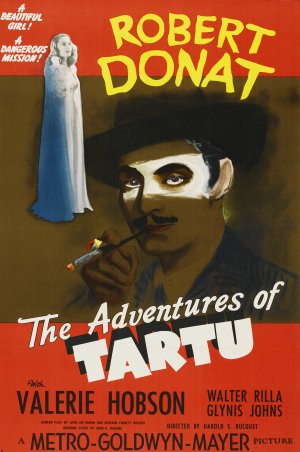During the dying days of the Old West, Clifton, Arizona is a prosperous frontier town. The leaders of the town are wealthy and well-connected and the saloon has a strictly enforced policy when it comes to only allowing in the right people. Frank Talby (Lee Van Cleef), the mysterious man who rides into town one day, is considered to be one of the right people. Scott (Giuliano Gemma) is not. Because he was born out of wedlock, Scott is looked down upon by the townspeople. He makes a pitiful living sweeping the streets and doing odd jobs, all while trying to save up enough money to buy himself a gun.
Talby, who has his own reasons for hating the people of Clifton, takes Scott with him into the saloon. After Scott sees Talby gun down a local roughneck, Scott begs Talby to teach him how to be a gunslinger like him. Talby reluctantly takes Scott under his wing and teaches him how to be a real outlaw. Scott also learns that the town of Clifton was founded by money that stolen during a robbery that Talby originally planned. Talby now wants his money and his revenge. Working with Scott as his enforcer, Talby takes over the town of Clifton.
At first, Scott has everything that he ever wanted. The people who once mocked him now respect him as the second-fasted shot in town. But when Scott’s former boss, Murph (Walter Rilla), reveals that Talby is not as benevolent a mentor as Scott thought he was, the student and teacher turn on each other.
Day of Anger is one of many Spaghetti westerns that featured an older gunslinger taking a younger one under his tutelage. Lee Van Cleef is so confident and sure himself that it’s easy to see why Scott would idolize him. Talby is an interesting character because, as ruthless and cold-blooded as he is, he does seem to sincerely like and care about Scott. They’re both outsiders and they’ve both been screwed over by the town of Clifton and the movie hints that the aging Talby sees the man who he once was when he looks at Scott. When Talby offers up one final lesson to Scott and tells him that once a man starts killing, he can never stop, Van Cleef says it with downbeat resignation, as if he realizes that Scott is now the one who will have to live his entire life alone, trusting no one, and always listening for the sound of a gun being cocked in the shadows. Scott finally gets his gun but now he has to decide whether it was worth losing his humanity and Gemma does a good job playing his character’s arc. Add to that an excellent score from Riz Ortolani and you’ve got a truly superior Spaghetti western.
One final note: Director Tonio Valerii would later be credited for directing another film about an aging gunfighter and his protegee, though there are rumors that the film itself was actually directed by its producer, Sergio Leone. Starring Terrence Hill and Henry Fond, the entertaining My Name is Nobody re-imagines Day of Anger as a comedy.

